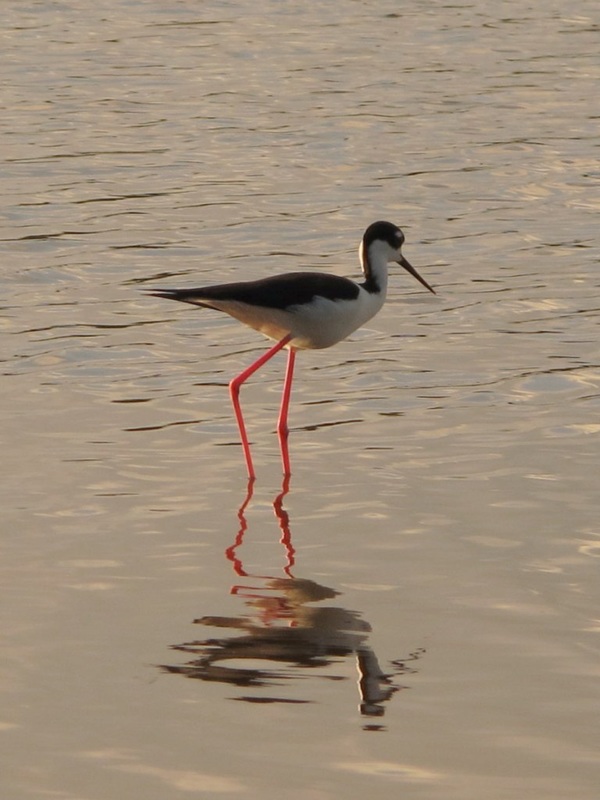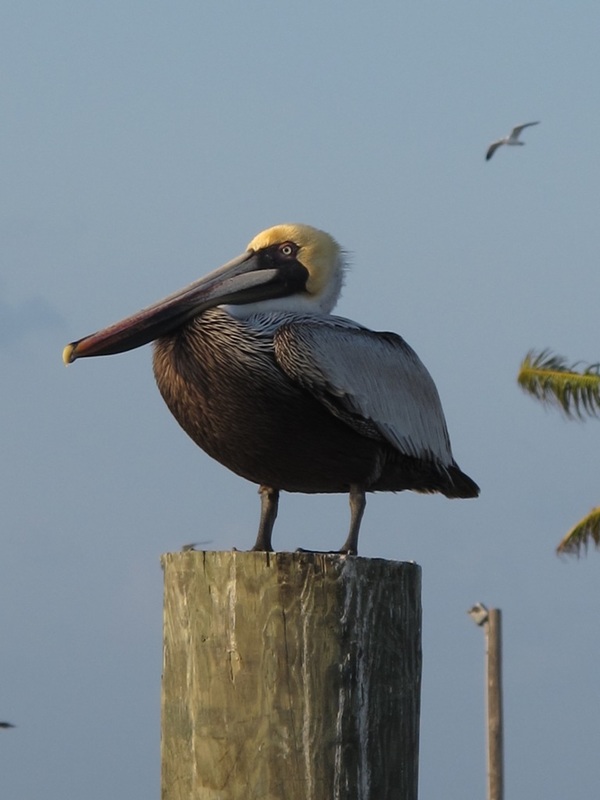|
It's that special time of year again! Every year around the holidays, more than a dozen bird counts take place around South Florida to help assess the health of our avian populations.
This project of the National Audubon Society is the longest running wildlife census on the planet--it's been going on for 116 consecutive years! The count started as an conservation-minded alternative to the tradition of using the holidays as an opportunity to hunt, instead giving people the chance to see and connect with birds without killing them. This year, more than 72,000 birders in 58 countries are expected to participate in the count, which helps track the rise and fall of population levels, and provides long term data that is crucially necessary for evaluating ecosystem and species health (for instance, changes in the timing of migrations provides important information about how bird species will respond to climate change). Last year, volunteers counted 68,753,007 birds from 2,106 species--or roughly a fifth of all known bird species on Earth. You can read some of the findings of the 2014/15 count here or summaries of counts dating back to 1900 here. In recent years in South Florida, the counts have provided hopeful information on numerous species. The Audubon bird count was the first to notice our increasing bald eagle population, or to document growing numbers of Cooper's hawks thriving in urban environments, mostly feeding themselves by snacking on pigeons. This year, the Tropical Audubon Society is especially hoping for more information on some pretty rare species, including the ruby-throated hummingbird and the painted bunting (both birds that migrate long distances, and have routes that take them through South Florida). You can read the Miami Herald's coverage of the count here, or register to participate in your area here. Make sure you check when the count will be taking place near you--the schedule runs from December 14 to January 5.
0 Comments
Leave a Reply. |
Field Notes
Archives
July 2021
Categories |
|
Partner with us! We are always looking for new schools, scientists, and non-profit organizations to partner with. Please contact us here to start a conversation.
Hear from us! Sign up for our newsletter to hear about what is happening at Field School as well as upcoming offers and specials. |



 RSS Feed
RSS Feed